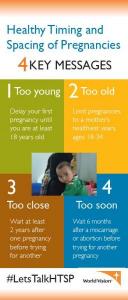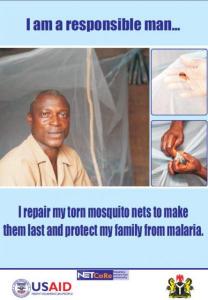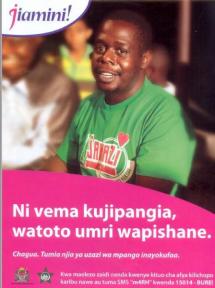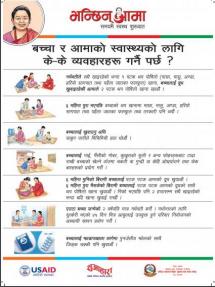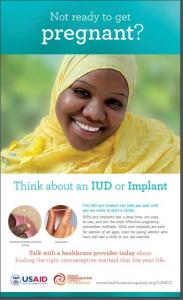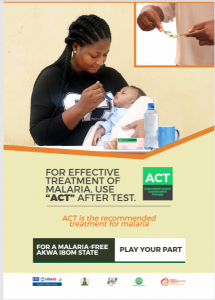How to Breastfeed Poster
Suaahara was a five year (2011-2016) project funded by USAID aimed to improve the nutritional status of women and children in 41 districts of Nepal. The project focused on improving health and nutrition behaviors at the household level through promotion of Essential Nutrition and Hygiene Actions (EN/HA), particularly Maternal, Infant and Young Child Nutrition (MIYCN), and addressing other determinants of under-nutrition, such as availability of and access to food, hygiene, quality of health care, child spacing and socio-cultural factors including gender and marginalization.
Suaahara was implemented by a consortium of partner organizations led by Save the Children.
The SBCC strategy established an internal quality materials review and production system to ensure that all partners in the consortium had mutually reinforcing, quality materials developed, pretested, produced and disseminated to the end user.
The poster emphasize most of the mothers thinking that breast milk is not sufficient to her child. To create environment for mothers to breastfeed exclusively for six months by providing correct information, Suaahara developed this poster and massively disseminated in all the health service centers, local NGOs, district offices and public places.
Source: Johns Hopkins Bloomberg School of Public Health/ Center for Communication Programs
Date of Publication: March 25, 2019
SIMILIAR RESOURCES
Tools
Examples
- Suaahara Training Guidelines and Participant Handbooks
- GESI Toolkit
- Suaahara Health Facility Operation and Management Committee Capacity Building Training and Operation Guidelines
- Maternal Newborn Child Health - Nutrition Quality Improvement Tools
- Promoting Quality Malaria Medicine through Social and Behavior Change Communication
- The Infection Control Symbol Package
- Community Communication MNCH e-Manual: Participatory Health Promotion Sessions
- SBCC for Malaria in Pregnancy: Strategy Development Guidance
- Infection Control Symbol Templates
- The Future of Malaria Social and Behavior Change Communication


